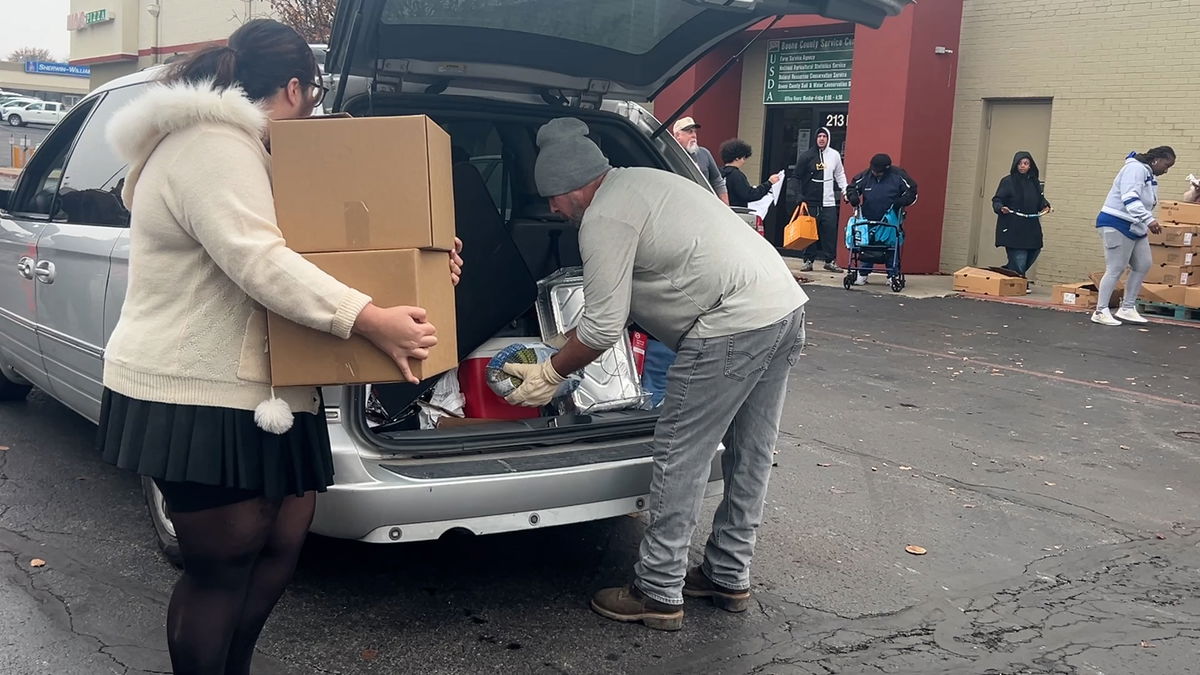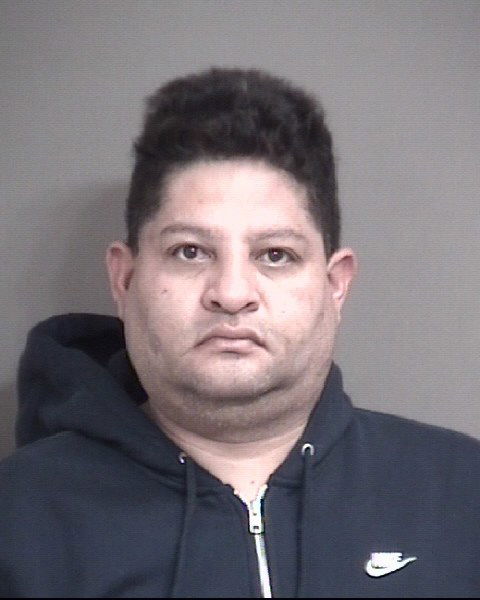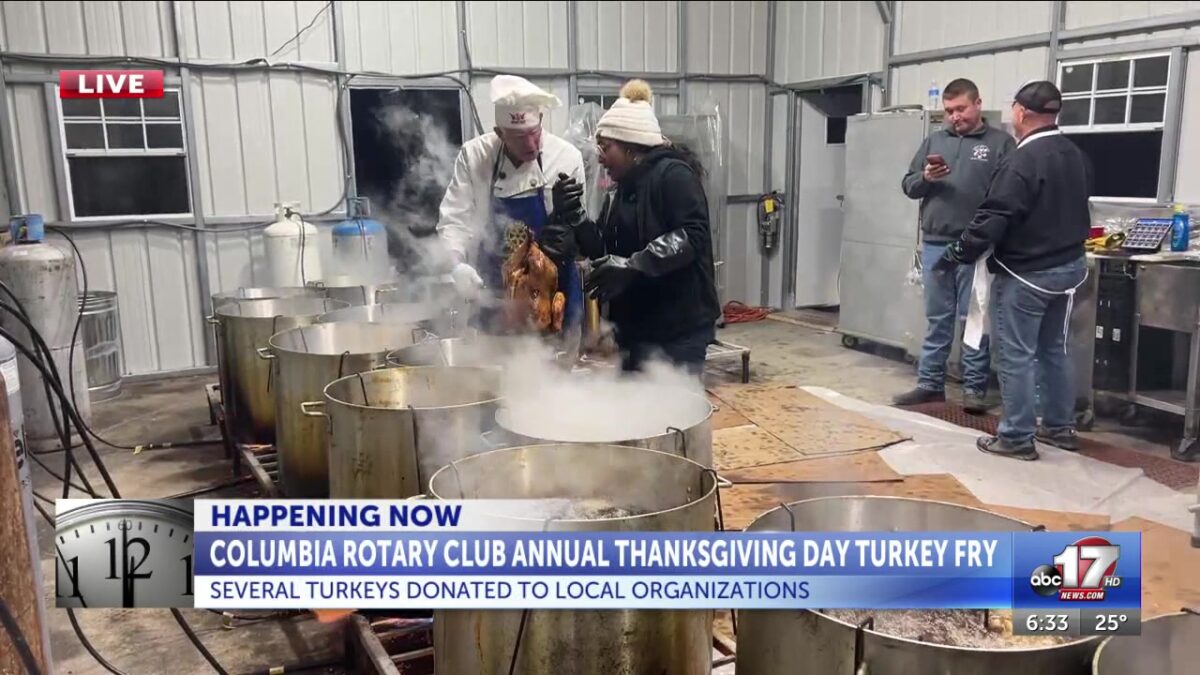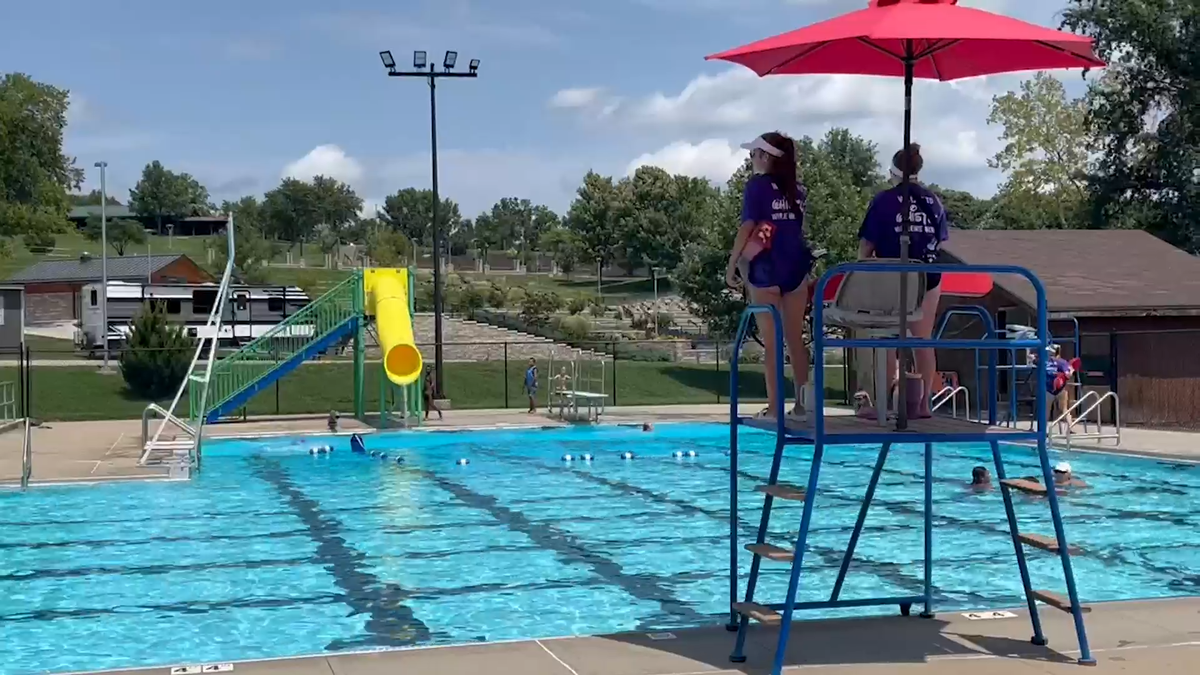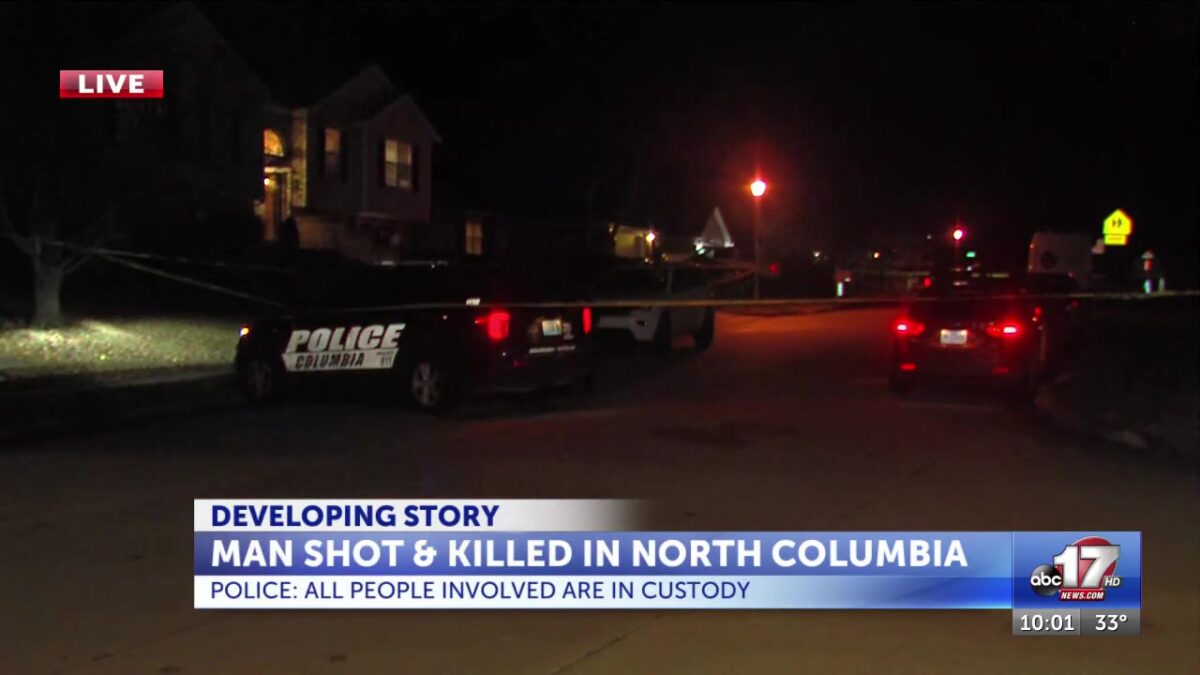Organizations expecting increased demand for Thanksgiving meals
Alison Patton
COLUMBIA, Mo. (KMIZ)
Multiple organizations in Columbia said they are expecting an increase in demand this Thanksgiving.
Powerhouse Community Development Corporation told ABC 17 News on Saturday, during a frozen turkey giveaway, that there’s been an increase in need because of the delay in SNAP benefits.
Powerhouse teamed up with the Fifth Street Christian Church to serve people in need of Thanksgiving meals, and the organizations were prepared to serve 800 people.
An ABC 17 News reporter was at the church about 45 minutes after the doors were opened. Pastor Katina Colon said at that time, about 100 people were served.
Colon said she’s been seeing a lot more phone calls, emails and even text messages from people who are dealing with food insecurity, and the church helps out in any way it can.
Colon said rising prices is one reason why more people need help.
“Food insecurity has been a little rough on families, and we just want to provide,” Colon said. “As it gets closer to the holidays and Christmas, it gets harder on the families. They want to not only have a meal, they want to also pay their light bills and water bills.”
Sophia Smith, founder of Sophia’s Helping Hands, said she’s also expecting an increase in need from families who were affected by the SNAP benefits pause and from the homeless population.
Smith said she’s also seen an increase in the homeless population since last year–when she started giving out free meals.
Smith said housing requirements and stipulations, like high credit scores and income minimums, could be a factor.
“We’re not just talking about single homeless people in our community. We’re talking about families that has been displaced and are at threat of still being homeless,” Smith said.
Smith said her organization is making sure people facing homelessness feel like they’re a part of the community.
“We wanted to be that place to have the doors open to offer a holiday meal, to let them feel that they are welcomed, they are loved,” Smith said.
Smith said she will have meals for Christmas and New Year’s, and she’s also collecting coats and blankets for the homeless.
These organizations in and around Columbia opened their doors and offered people in need hot, free meals for Thanksgiving.
Powerhouse Community Development Corporation, 11 a.m. to 2 p.m. at the Fifth Street Christian Church in Columbia
Sophia’s Helping Hand 11 a.m. to 3 p.m. at 705 Big Bear Boulevard, Columbia
The Salvation Army Harbor House, noon to 1 p.m. at 602 N. Ann St., Columbia
Salvation Army Center for Hope lunch 11 a.m. to 1:30 p.m. and 5:30 p.m. dinner at 927 Jefferson St., Jefferson City
Zion Lutheran Church 11 a.m. to 2 p.m. at 1075 Urbandale Drive, Moberly
Beagle’s Food Truck starting at 11 a.m. in the U.S. Cellular parking lot, 206 N Western, Mexico
